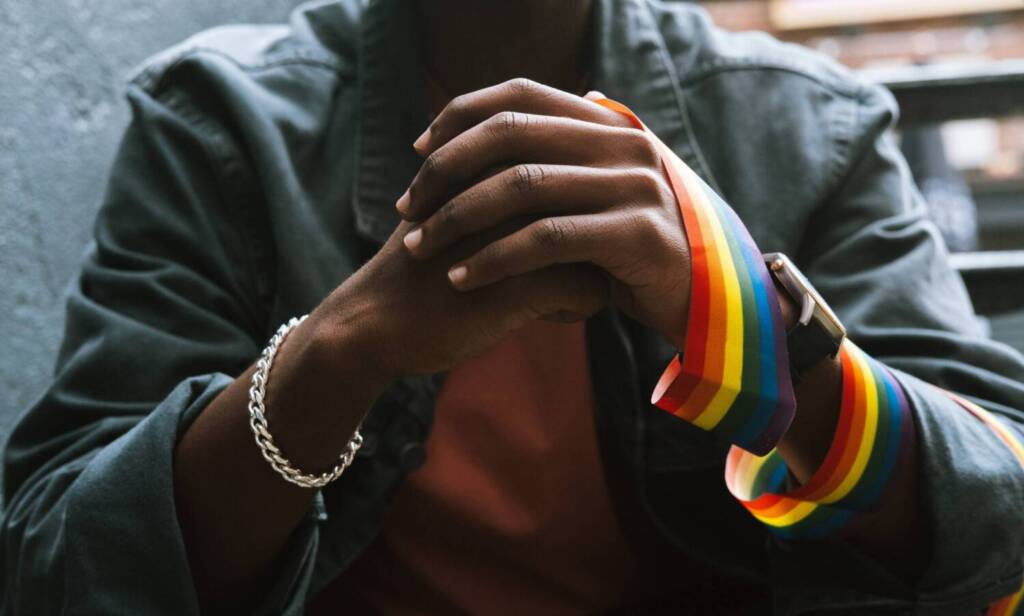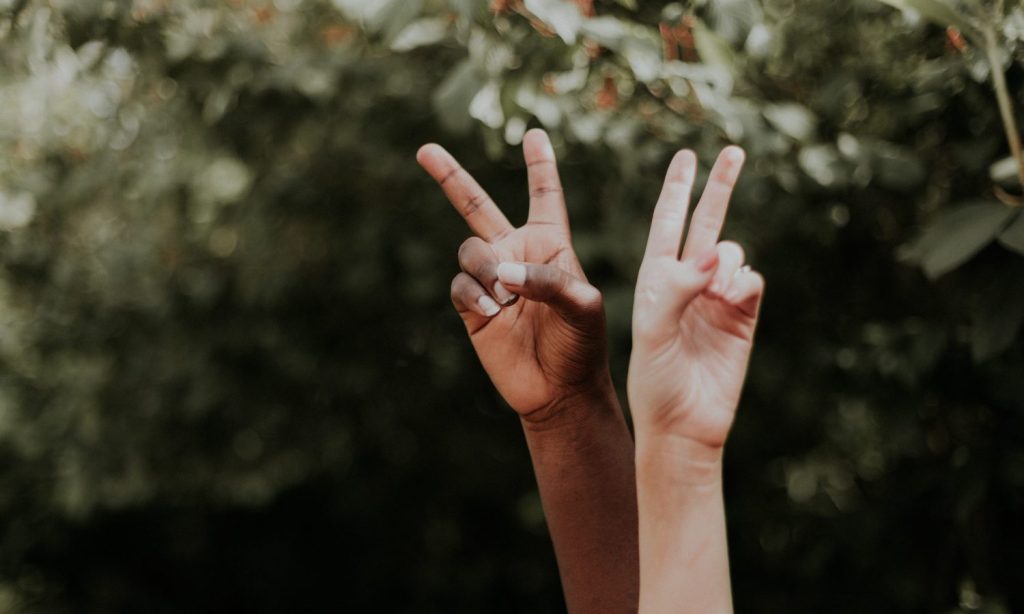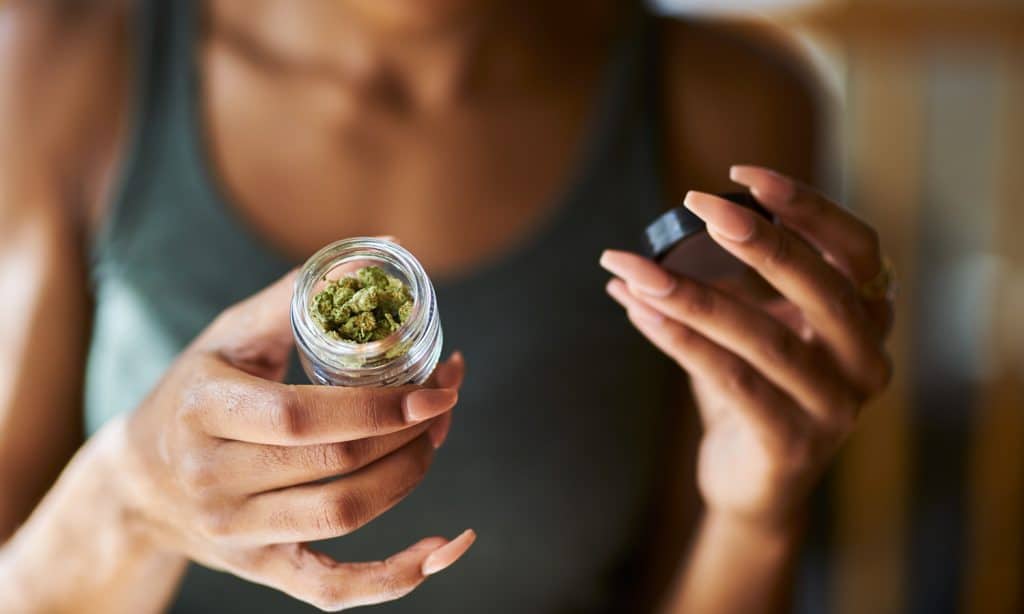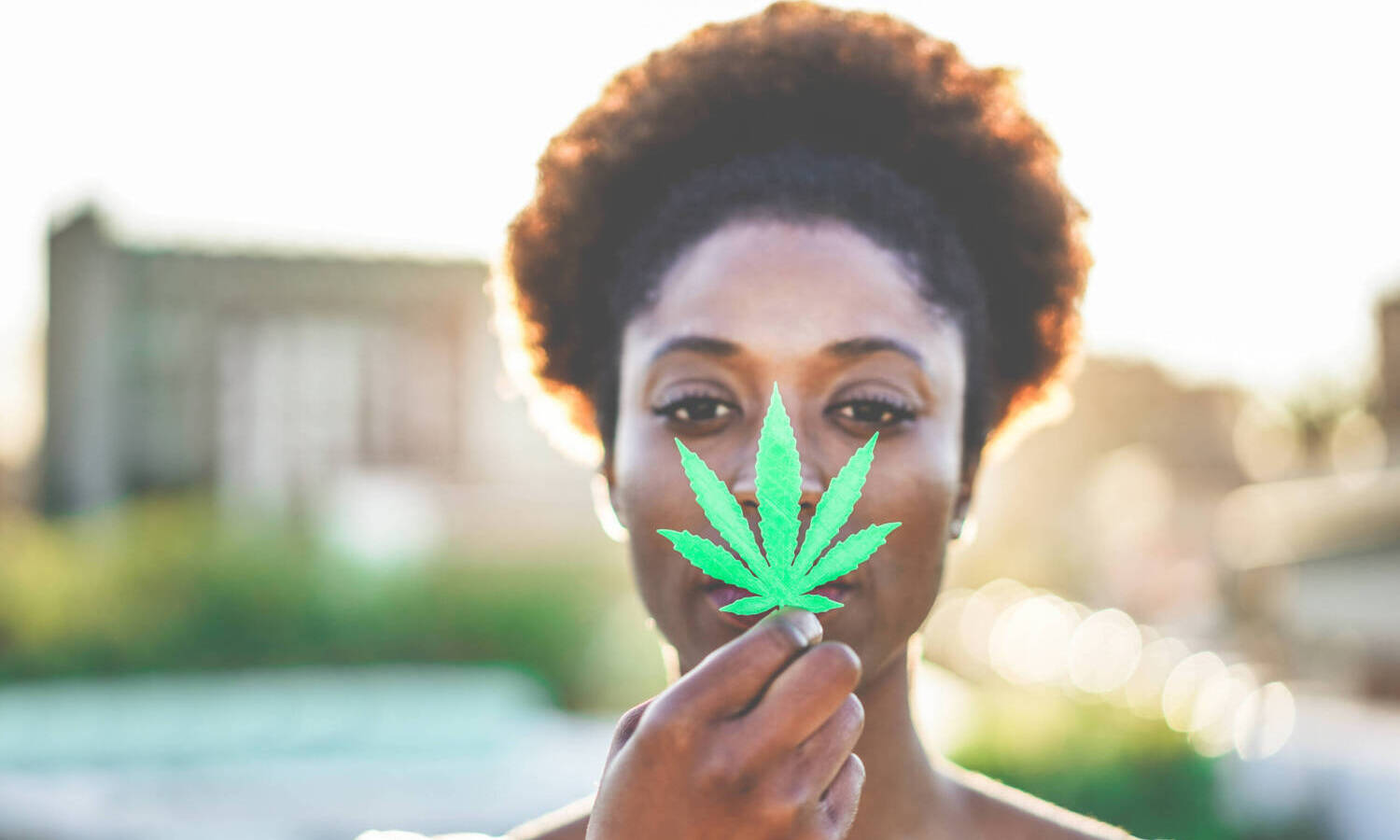Advocates continue to push for equity and inclusion while holding companies accountable for their activity in the industry.
By Andrew Ward
As the cannabis market matures and comes online, sources tell Benzinga that equity and inclusion continue to lag and that industry efforts made in recent years often feel superficial.
Inclusion and Equity Still Lag
“The United States Cannabis Community has never made a legislative, ethical, or moral commitment to Black America,” said Scheril Murray Powell, Esq. at Doumar, Allsworth, Laystrom, Voigt, Adai, and Dishowitz LLP.
Powell, the Broward County Florida Medical Marijuana Advisory Board chairperson, calls for federal legislation to establish consistency in the market. She highlighted a range of critical parameters, including a non-vertically integrated marketplace, no license caps, community redevelopment provisions, license reselling scrutiny and bipartisanship.

Roz McCarthy, founder and CEO of Black Buddha Cannabis and Minorities for Medical Marijuana, credits the progress made so far to the years of effort put in by advocates.
Had it not been the work of advocates from marginalized communities, McCarthy said, “I don’t think that cannabis as we know it would be working to create a more fair and equitable industry.”
Latoya Bellamy-Lockhart, VP of human resources at Jushi Holdings Inc said cannabis has been pitched as a remedy to past wrongs, primarily addressing adverse effects of the war on drugs while creating economic gains for marginalized communities. “In reality, it has cast a light on just how deep systematic racism runs through our country – we have failed to overturn draconian policies of the past.”
The sentiments are backed by years of industry data and reports.
A 2017 survey from Marijuana Business Daily noted that Black cannabis ownership was at 4.3%. The figures haven’t changed much since.
In a 2021 industry inclusivity report, MJBiz found that Black-owned ventures in Colorado (2.7%), Michigan (3.8%) and Nevada (5.1%) were vastly outnumbered by White-owned companies. Only Indigenous peoples saw less representation across the three states.
MJBiz reported that minority board representation declined from 28% in 2019 to 13.1% in 2021. Mack Audena, COO and managing partner for MBA Growth Partners said equity is crucial.

He highlighted a February 2022 National Cannabis Equity Report done by the Minority Cannabis Business Association (MCBA) that aligned with Audena’s calls to lower entry barriers while addressing the lack of capital that Black and other minority-owned businesses receive. Audena said license caps and bans of the previously incarcerated also must be lifted.
RELATED: 4 Groundbreaking Cannabis Pioneers To Recognize This Black History Month
While supporting inclusion, Audena said that non-race criteria, including veteran and socioeconomic status can also damage equitable efforts.
“All of these have good intentions and are meritorious, but they dilute the real social equity intent.”
Valda Coryat, CMO of Trulieve Cannabis Corp, supports removing barriers and calls for increased access to capital. “There is a growing need for professional support systems that provide help to minority entrepreneurs, and I would also like to see internships and co-op programs for minorities instituted within established brands and operators.”
On its investor website, the company’s diversity statistics include 42% minority workforce and 17% company leadership.
A National Rule Needed?
The MCBA notes that 15 of the 36 legalized medical use states have social equity parameters. Thirteen out of 18 adult-use states have done the same.
Amber E. Senter, chairman of the board and executive director of minority industry empowerment group Supernova Women advocates for equity regulations across California and noted that a nationwide model won’t work but that communication does. Senter commended Oakland and its Cannabis Regulatory Commission for listening to community feedback at monthly meetings.
“Oakland has been very intentional on making sure that they’re getting the feedback and hearing the operators’ issues,” Senter said.
While some progress has been made, many feel like the system is not creating an equitable marketplace. Still, success can come to a few.
RELATED: New York Senate Gives Green Light To Marijuana Licensing & Equity Bill
“Even if systems aren’t set up the right way or the resources aren’t available…The chances are that some people like myself, I think in many ways are going to get lucky,” said Portland, Oregon-based cannabis brand LOWD CEO Jesce Horton, noting that luck begins with obtaining licensing in the space.

Powell believes some discussions have highlighted promising inclusive regulations but often come up short when implemented.
“It is often the execution that falls short or the strategies of mainstream participants that the legislators did not anticipate which thwart legislative intent,” said the attorney.
Several sources believe that federal regulations would help create a national equity model.
“I hope that one day when legalization happens at a federal level, provisions are put into place to make sure that we don’t leave any man behind,” said Black Buddha’s McCarthy.
Advocates Picking Up The Slack
Until then, advocates and groups like the MCBA, M4MM and others push for equity and inclusion while holding companies accountable for their activity in the industry.
Minority cannabis advocacy group Cannaclusive has undertaken several endeavors recently, including Inclusivebase, a list of minority- and women-owned cannabis ventures, as well as The Accountability List, a living document tracking diversity, corporate social responsibility and other community efforts embarked on by cannabis brands.
RELATED: Cannabis Equity And The Promise Of Reparations For The War On Drugs
DJ Howard, M4MM’s Florida state director, has an active hand in the Accountability List, including contacting companies, scouring social media, press releases and other materials to confirm findings.
Howard noted the importance of “making sure that we’re holding people and brands accountable for the work that they say they’re gonna do.”
This article originally appeared on Benzinga and has been reposted with permission.


